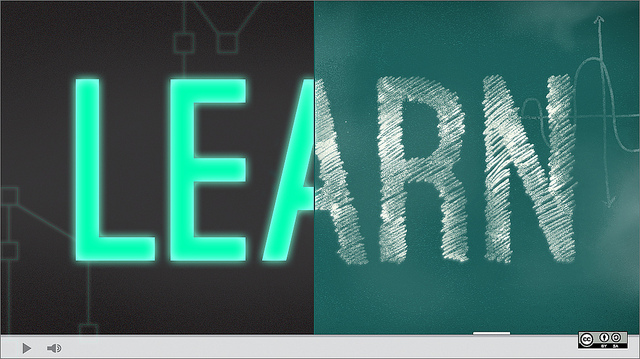4 Ways to Help Your Students Embrace Diversity

When you’re a culturally responsive teacher, one of your major goals is to help all students become respectful of all the cultures and people that they’ll interact with once they leave class. I admit: this can be daunting, given that the world at large is infinitely more complex and diverse than the microcosmic environment that the student inhabits.
In typical educational and social settings, students tend to show classic in-group/out-group behaviors. In general, most students are comfortable interacting with people, behaviors, and ideas that they are familiar with, and react with fear and apprehension when faced with the unfamiliar. Culturally responsive instruction can help you show your students that differences in viewpoint and culture are meant to be cherished and appreciated, not judged and feared.
How can you, a culturally responsive educator, overcome human nature’s fear of the unknown and help students become more respectful of cultures with different ideas? Fortunately, I have a few tips to make this a lot easier for you.
1. Provide students with evidence that people who don’t look or act like them are still people just like them.
You can teach this viewpoint by building a culture of learning from one another rather than a culture of passing judgment on differences in values and beliefs.
There are a wide range of classroom activities that can help students recognize the essential humanity and value of different types of people. For instance, providing students with an opportunity to share stories of their home life, such as family holiday practices, provides fellow students with a window into their peer’s cultural traditions.
Another thing you can do is show your students everyday photographs of people of different ethnicities, shapes, sizes, and garb. This gives students the opportunity to see people that look very different from themselves and their family engaging in the same types of activities that they and their family participate in. This can help humanize types of people that your students have never had an opportunity to meet.
Welcoming guest speakers into the class that hail from differing backgrounds and have all made a positive contribution to important fields can also help dispel any preconceived notions that students might possess about the relative competence and value of people from different cultures.
2. Teach your students about multicultural role models. This demonstrates that people of all genders, ethnicities, and appearances can have a positive influence on the world and deserve to be respected and emulated.
It’s important to avoid teaching students about the same minority role models repeatedly; after all, if students never learn about prominent African American citizens other than Martin Luther King, Jr. and Malcolm X then it’s likely that some students will assume that few other African Americans have made substantial contributions to American culture and politics. If students are taught about the contributions that people of various ethnicities, genders, and creeds have made to a variety of different artistic, scientific, and political fields, then they’re more likely to respect and value diverse culture backgrounds as a whole.
3. Craft the right environment for culturally responsive learning. Use your wall spaces to display posters depicting cultural groups in a non-stereotypical fashion. Students can also mark the countries from which their ancestors immigrated on a world map, and classroom signs can be hung in several languages.
These added touches might seem innocuous, but they go a long way in helping students absorb the rich diversity that surrounds them, both in the classroom and in the world outside the school walls. Such touches will help promote an environment in which students from diverse backgrounds feel more comfortable being themselves and will help insulate students from the cultural and ethnic stereotypes that pervade television and other mass media outlets.
4. Teach students to embrace their own culture and heritage. Another important goal of culturally responsive education is to teach students to respect and appreciate their own culture and heritage. Minority students can sometimes feel pressured to dispose of their cultural norms, behaviors, and traditions in order to fit in with the prevalent social order. When this happens it can create a significant disconnect between the culture of the student’s school and community lives and can interfere with emotional growth and social development, frequently resulting in poor performance in social and academic domains.
Providing opportunities for students to investigate unique facets of their community is one effective way to help students gain a greater appreciation for their own culture. Having students interview family members about cultural practices and traditions or write about important learning experiences that the student has experienced in his home community are just two of the many ways that students can explore their heritage.
Using a culturally-centered instructional approach can help facilitate cultural pride among diverse students. Given the current federal and state preoccupation with standardized testing in core subjects, it is particularly crucial that educators consider the impact of multiculturalism in core curricula such as math, science, reading, and writing. Providing diverse students with examples of diverse contributors to these fields and using culture-specific subject matter when teaching core topics will help them perform better in these highly scrutinized and important domains. Placing ethnically diverse students in a situation that emphasizes the strong points of their culture’s preferred means of learning may help provide them with a greater sense of self-efficacy and achievement.
How do you promote a culturally responsive, accepting classroom? I would really appreciate hearing your thoughts, so don’t hesitate to leave a comment below.




